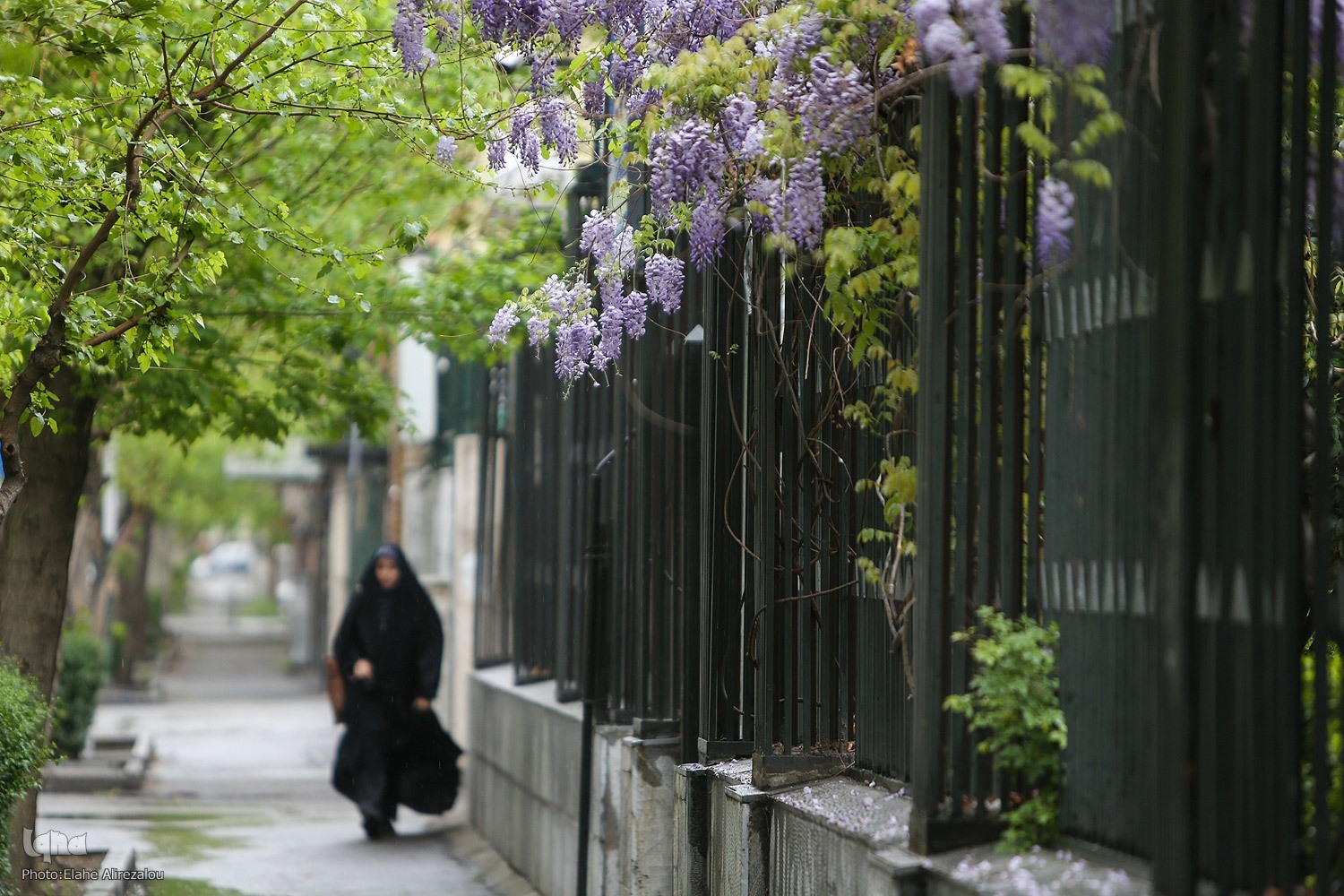Environmental Sustainability in Islamic Teachings: A Sacred Obligation

Environmental threats like climate change, pollution, and resource depletion have become global concerns, as stated by the UN.(1)
The environment today faces unprecedented threats and destruction due to the ruthless profiteering and exploitation by world-dominating forces. The escalating pollution of soil, water, and air has jeopardized the environment and caused irreversible harm. Key factors contributing to environmental degradation include excessive use of industrial machinery, military equipment, chemicals, and toxins. The rate at which these elements are destroying the environment has alarmed scientists, who have declared a global environmental crisis. This raises the question: What role does Islam play in protecting nature and the environment as a comprehensive faith that addresses human needs? Is environmental preservation a concern in Islam?
Islam has a long history of advocating for environmental protection. The emphasis on environmental stewardship in Islam is rooted in divine teachings, as evident in the Quranic verses. This connection imbues environmental defense with a sacred quality. Beyond the moral and cognitive dimensions of respecting nature, which stem from a monotheistic worldview that acknowledges the unity and sanctity of existence, Islamic regulations also support the preservation of the natural environment as part of their broader framework.
Read More:
According to Islamic teachings, Muslims are not allowed to view themselves as free to exploit nature without restraint. They are not permitted to elevate themselves by destroying nature and altering natural phenomena. Instead, they are obligated to respect the rights of all creatures, regardless of their size or significance. All living beings are respected in this regard, as the Holy Quran says, “There is no animal on land, nor a bird that flies with its wings, but they are communities like yourselves.” (6:38)
According to Islamic teachings, the earth, water, sky, and all aspects of nature are gifts from God entrusted to humanity; thus, humans have a responsibility to preserve and use them in a balanced manner.
Islamic jurists have historically prohibited the destruction of trees and fields, even on enemy land during times of war. They have considered such actions as abhorrent and morally reprehensible; from their perspective, natural resources and the environment belong to all people, and all creatures should benefit from them as the holy Quran mentions “And He has made the earth for all living creatures”. (55:10) Therefore, individuals do not have the right to endanger others or natural resources through their actions. Numerous holy scriptures prohibits deforestation and polluting such as “… do not cut or burn the trees of the enemy’s land ... do not pollute the enemy’s drinking water…”.(2)
Prominent contemporary Islamic scholars have also emphasized on preserving the environment of our planet. Ayatollah Ali Khamenei, the grand scholar of Islam, believes that "Neglecting the natural environment is the result of rebellion, self-centeredness, and egotism against the nature".(3) This statement highlights how saving the environment of Earth is moral, spiritual and therefor a necessary issue that must be observed.
Ayatollah Abdollah Javadi mentions in his book named “Islam and the environment” that the environment is a gift from God to humanity, and that humans have a duty to respect and protect it. He argues that environmental problems are not only physical and ecological, but also moral and spiritual.(4) In an article, he discusses that “the person who pollutes the air instead of purifying it, destroys the land instead of repairing it, cuts down trees instead of planting them, and does not care about polluting the seas and lands instead of cleaning them, is not a steward of God's creation.”(5)
Read More:
Due to its monotheistic worldview, Islam recognizes the unity and sanctity of existence. Islam views the environment not only as a resource for human use, but also as a manifestation of God Himself. It is a sacred trust bestowed upon creation, and a space that reflects the harmony between faith and nature.
In Islam, the sanctity of nature fosters reverence for all of creation, an ethic of moderation and sustainability, and a moral obligation to leave the earth in a better state than we inherited it for future generations. The emphasis on protecting the environment, conserving resources, and avoiding corruption is deeply rooted in the Quran and Hadith, which nurture an ecological conscience and an aesthetic appreciation of nature with spiritual significance.
In summary, environmental protection is not a contemporary concern for Islam, but rather a fundamental aspect of faith with a history of advocating stewardship and crafting regulations that safeguard the natural world as a sacred trust and crucial heritage for future generations.
By Jalaleddin Fanaei
References
Holy Quran
1. “Global Environmental Outlook.” GEO, 2019,wedocs.unep.org/handle/20.500.11822/27687
2. Hor Ameli, M. (1988). Wasa'il al-Shia, Alulbayt Institute, Qom, Iran. [In Arabic]
3. Khamenei, A. (2006) https://farsi.khamenei.ir/speech-content?id=47424
4. Javadi, A. (2008). Islam and the environment, E-mag Esra, V.2, Iran, Qom. [In Persian]
5. Javadi, A. (2010). Islam and the Environment, Esra publication, Iran, Qom. [In Persian]
The views and opinions expressed in this article are solely those of the author and do not necessarily reflect the views of International Quran News Agency.



